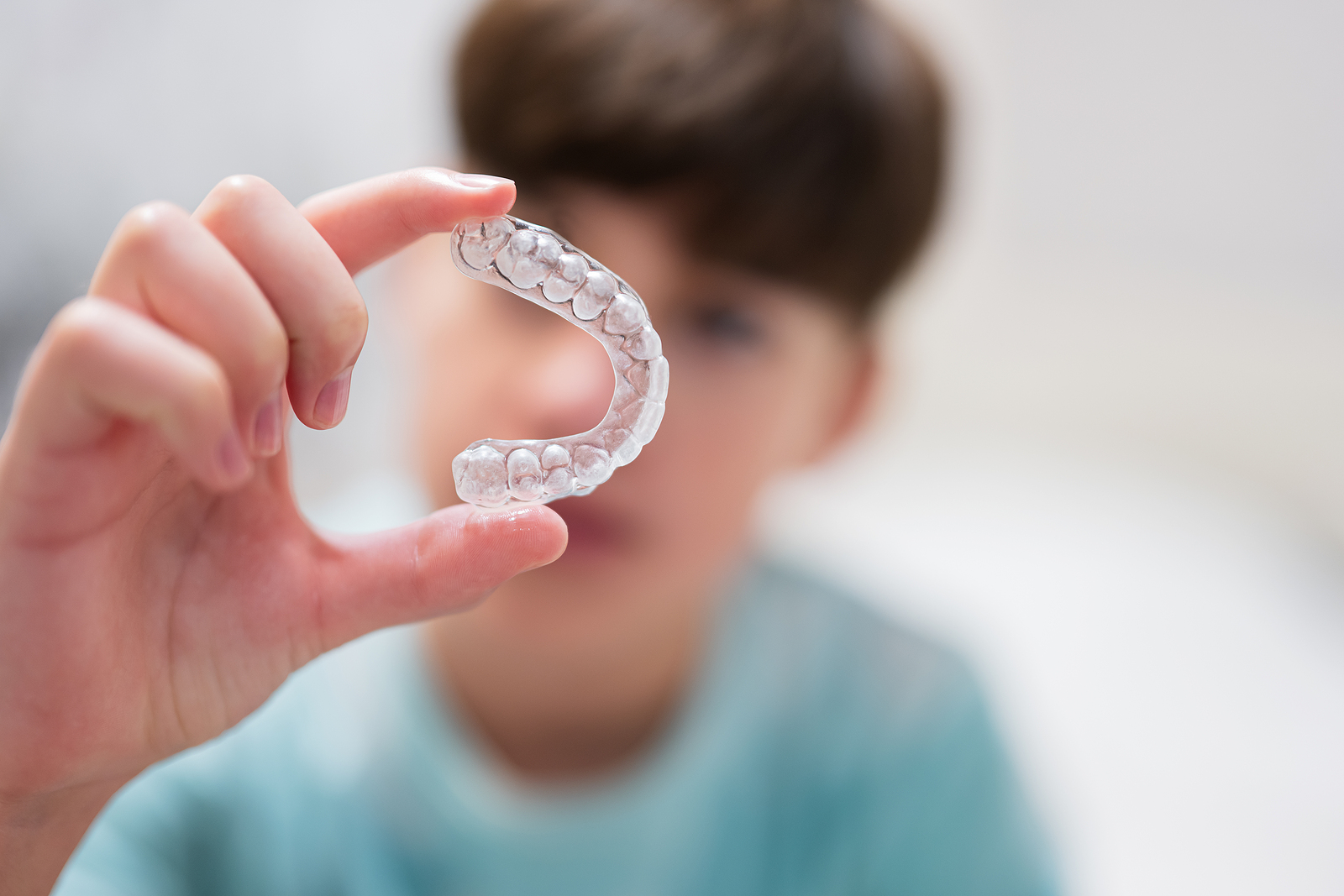To learn more, visit Georgetown Cosmetic Dentistry at 2440 M Street, NW, Suite 328, Washington, DC 20037, or call (202) 785-4141 for the best dental care.

The Role of Dental Crowns in Restorative Dentistry: More Than Just a Cosmetic Fix
Dental crowns are often misunderstood as mere cosmetic solutions, but they play a vital role in restorative dentistry. If you've ever experienced a chipped tooth or severe decay, you might have been introduced to this remarkable dental remedy. More than just an aesthetic fix, crowns are designed to restore function and protect damaged teeth while enhancing your smile.
In Washington, DC, where smiles matter just as much as health, understanding the importance of dental crowns can change how we view oral care. Whether you're looking for durability or beauty in your dental work, exploring the world of crowns is essential for anyone striving for optimal oral health. Join us as we dive into what makes these little wonders so significant in modern dentistry!
The Different Types of Dental Crowns
Dental crowns come in various materials, each offering unique benefits.
- Porcelain crowns are popular for their natural appearance. They blend seamlessly with surrounding teeth, making them ideal for front teeth.
- Ceramic crowns also provide an aesthetic finish and are known for their durability. These are suitable for patients with metal allergies since they contain no metal components.
- Metal crowns, often made from gold or other alloys, boast strength and longevity. They're perfect for molars that endure significant chewing pressure but may not be as visually appealing.
- Resin crowns offer a more cost-effective solution. While less durable than other types, they can serve well in temporary situations or on less visible teeth.
- There’s the option of zirconia crowns. These combine aesthetics and strength, making them versatile enough to use anywhere in the mouth while maintaining a natural look.
When is a Dental Crown Needed?
Dental crowns play a crucial role in restoring dental health. They are often needed when a tooth is significantly damaged or decayed.
For instance, if you have a large cavity that can't be filled, a crown can protect the remaining structure. This not only preserves your tooth but also prevents further decay.
Crowns are also essential after root canal treatments. Once the pulp is removed, the tooth becomes fragile and requires extra support to function properly.
In cases of severe wear from grinding or trauma, crowns help rebuild lost shape and strength. Additionally, they can be used to anchor dental bridges for those missing teeth.
If you're considering options for restorative dentistry in Washington, DC, consulting with your dentist can clarify whether a crown is right for your situation. Contact us to learn more.
Procedure for Getting a Dental Crown
Getting a dental crown typically involves two main visits to your dentist. During the first appointment, your dentist in Washington, DC, will examine the tooth and take X-rays to assess its health. If decay or damage is found, treatment may be necessary before placing the crown.
Once everything looks good, anesthesia is applied for comfort. The tooth is then shaped to ensure a snug fit for the crown. After this preparation, impressions of your teeth are taken. These impressions help create a custom crown that matches your bite and smile.
While you wait for your permanent crown, a temporary one will be placed to protect the prepared tooth. At the second visit, usually scheduled weeks later, you'll try on the new crown before it’s permanently cemented into place. This process guarantees both functionality and aesthetics in restoring your smile effectively.
The Benefits of Dental Crowns Beyond Aesthetics
- Dental crowns offer a wealth of benefits that extend far beyond mere aesthetics. They serve as protective shields for damaged or weakened teeth, preventing further decay and potential loss. This durability is crucial in maintaining oral health.
- Additionally, crowns can restore proper bite function. When a tooth is compromised, it can affect how you chew and speak. A well-placed crown helps realign your bite, making everyday tasks easier and more comfortable.
- Another significant advantage is their role in supporting adjacent teeth. When one tooth fails or weakens, nearby teeth may shift or become misaligned over time. Crowns help preserve the integrity of your overall dental structure.
- Moreover, they can alleviate pain caused by cracked or broken teeth. With a crown covering the affected area, discomfort often diminishes significantly.
- Crowns also contribute to long-term savings on dental care by reducing the need for future treatments related to untreated issues.
Conclusion: The Importance of Proper Oral Care and Regular Visits to the Dentist
Maintaining proper oral care is essential for everyone, especially those considering crowns in Washington, DC. A healthy mouth contributes to your overall health and well-being. Regular brushing and flossing can help prevent issues that might lead to the need for dental crowns.
Routine visits to the dentist play a crucial role in this process. Professional cleanings remove plaque and tartar buildup that regular brushing may miss. Dentists can catch problems early on, preventing them from escalating into more significant concerns requiring extensive intervention.
Dental crowns serve vital functions beyond just enhancing appearance. However, they are most effective when combined with good oral hygiene practices and consistent dental check-ups. By prioritizing these habits, you not only protect your investment in restorative dentistry but also ensure a healthier smile for years to come.
Office Hours
MON - THU8:00 am - 4:00 pm
FRIBy appointments only
SAT - SUNClosed
2440 M Street, NW, Suite 328,
Washington, DC, 20037
Phone: (202) 785-4141Text Us: (202) 785-4141




comments